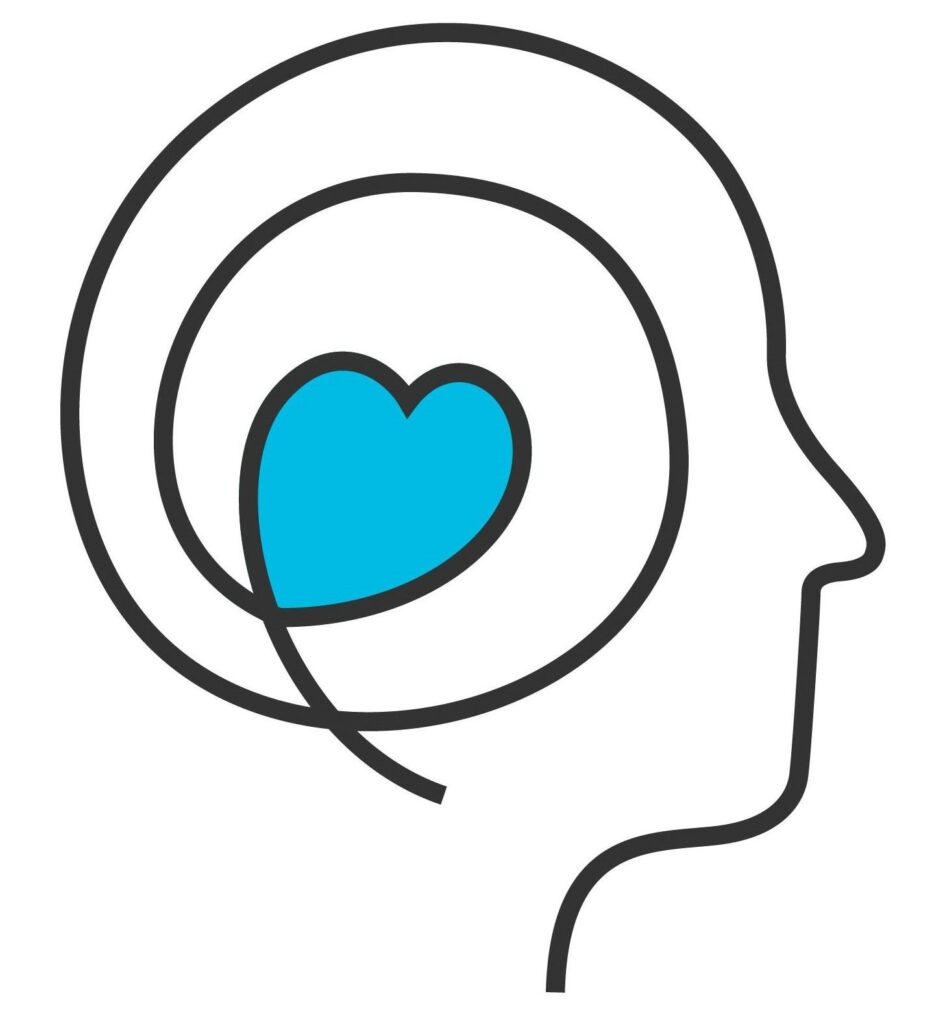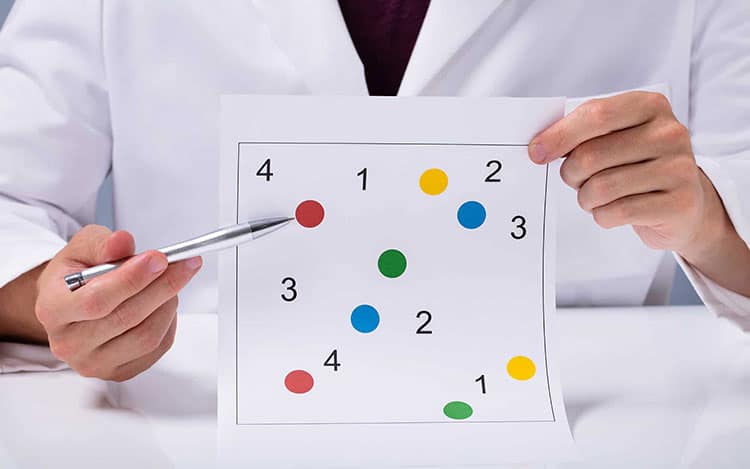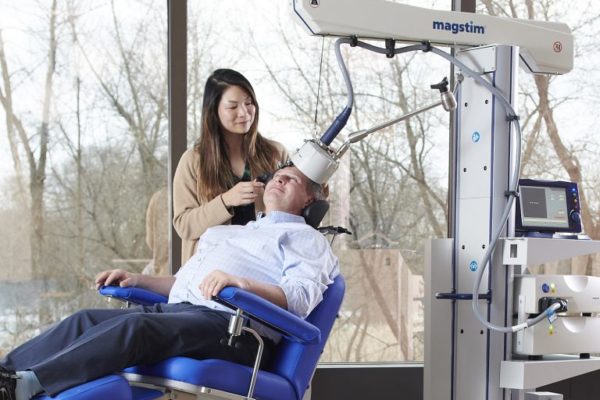Introduction
When it comes to understanding complex neurodevelopmental conditions like ADHD (Attention-Deficit/Hyperactivity Disorder) and Autism Spectrum Disorder (ASD), accurate diagnosis is everything. Neuropsychological testing offers a powerful, science-backed method to assess cognitive, emotional, and behavioral functioning—providing clarity where symptoms often overlap or are misunderstood.
In this article, we’ll explore why neuropsychological evaluations are essential for diagnosing ADHD and Autism, what the process involves, and how it leads to more personalized and effective treatment strategies.
What Is Neuropsychological Testing?
Neuropsychological testing is a comprehensive assessment that examines how the brain impacts behaviors and thinking skills. It goes beyond basic psychological evaluations by evaluating:
-
Attention and executive functioning
-
Memory and learning
-
Language and communication
-
Social-emotional functioning
-
Motor skills
-
Sensory processing
These tests are administered and interpreted by licensed clinical neuropsychologists and are crucial in identifying cognitive and behavioral patterns unique to ADHD and Autism.
Why Accurate Diagnosis Matters
Both ADHD and Autism share overlapping symptoms—such as social challenges, impulsivity, and difficulty with emotional regulation. Misdiagnosis or delayed diagnosis can lead to inappropriate interventions, added stress, and poor outcomes in school, work, and daily life.
Benefits of neuropsychological testing for ADHD and Autism include:
-
✅ Distinguishing between ADHD and Autism when symptoms overlap
-
✅ Uncovering co-existing conditions like anxiety, learning disorders, or depression
-
✅ Tailoring individualized education plans (IEPs) or 504 accommodations
-
✅ Informing treatment decisions, such as therapy types or medication use
-
✅ Empowering families and individuals with a clear understanding of strengths and challenges
ADHD and Autism: The Overlap Explained
Many individuals with Autism also meet criteria for ADHD. In fact, research shows that over 30–50% of individuals with ASD also have ADHD. Neuropsychological testing helps disentangle these conditions by providing objective data on:
-
Attention span and focus variability
-
Impulse control and self-regulation
-
Social cognition and communication skills
-
Cognitive flexibility and problem-solving abilities
By identifying the root causes of behavior, clinicians can offer targeted strategies that improve functioning at school, work, and home.
What to Expect During a Neuropsychological Evaluation
A typical evaluation may span several hours over one or more days and includes:
-
Clinical Interview: Gathering detailed history from parents, teachers, and the individual
-
Standardized Testing: Using validated tools to assess multiple brain functions
-
Behavioral Observations: Monitoring behavior in various settings
-
Feedback Session: Discussing the findings and personalized recommendations
The final report offers a roadmap for school supports, therapy, and long-term planning.
When Should You Consider Neuropsychological Testing?
If you or your child is experiencing:
-
Chronic attention issues
-
Delayed speech or language development
-
Difficulty with social interactions
-
Behavioral outbursts or emotional dysregulation
-
Learning difficulties despite adequate support
…it may be time to consult a neuropsychologist.
Early intervention leads to better long-term outcomes, and neuropsychological testing is a critical first step in unlocking appropriate care.
Final Thoughts
Neuropsychological testing is more than just an assessment—it’s a gateway to understanding. Whether you’re navigating a potential diagnosis of ADHD, Autism Spectrum Disorder, or both, this kind of comprehensive evaluation is invaluable in making informed decisions that change lives.







